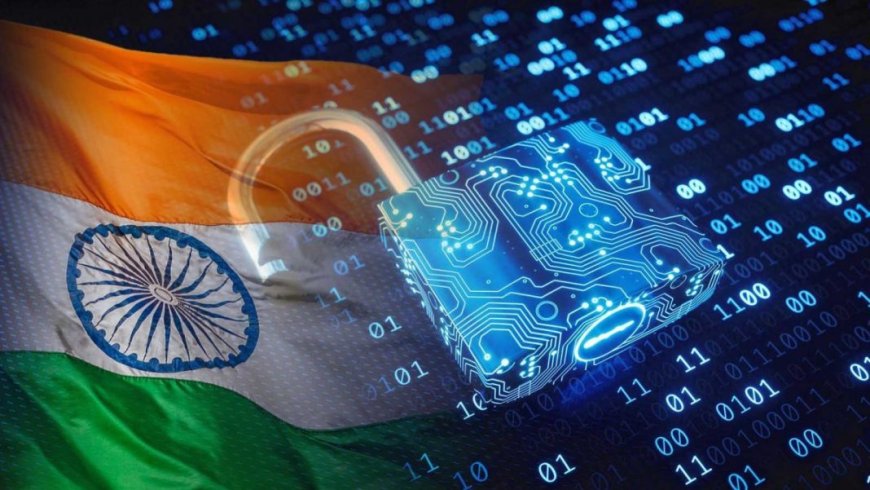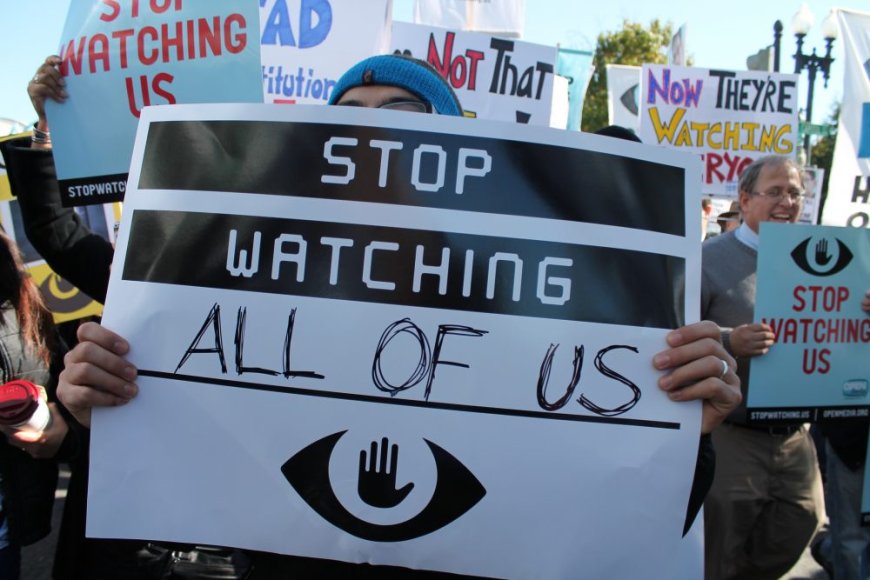Digital Privacy and Libertarianism in India: A Critical Examination
Explore the significance of digital privacy within libertarian philosophy in India. Analyze recent data protection laws, government surveillance concerns, and the implications for individual rights.

Introduction
In the digital age, where personal data has become a valuable commodity, the importance of digital privacy has garnered significant attention. Libertarian philosophy, which emphasizes individual rights and minimal government intervention, strongly advocates for the protection of personal privacy. This article explores the intersection of digital privacy and libertarian ideals in the context of recent developments in data protection laws in India, highlighting concerns about government surveillance and the implications for individual freedoms.
Understanding Libertarian Principles on Digital Privacy

Libertarianism posits that individuals have the right to control their personal information and make choices regarding its use. Key principles of libertarian views on digital privacy include:
-
Individual Autonomy: Individuals should have the freedom to determine how their data is collected, used, and shared, without coercive interference from the government or corporations.
-
Minimal Government Intervention: Libertarians argue that government involvement in data collection and surveillance infringes on personal freedoms and autonomy, often leading to abuses of power.
-
Informed Consent: The collection and use of personal data should be based on informed consent, ensuring that individuals are aware of how their information is being used and can withdraw consent at any time.
Recent Developments in Data Protection Laws in India

India has made strides in addressing data privacy concerns through the introduction of the Personal Data Protection Bill (PDPB). The bill aims to provide a framework for data protection, but it raises several concerns among libertarian advocates:
-
Increased Government Authority: The PDPB grants the government extensive powers to regulate data processing activities, which some argue could lead to overreach and misuse of authority, conflicting with libertarian principles.
-
Surveillance Concerns: Provisions within the bill that allow for government access to personal data under certain circumstances raise alarm among privacy advocates. This could lead to increased surveillance and potential violations of individual privacy rights.
-
Accountability and Enforcement: While the PDPB aims to create accountability for data processors, libertarians argue that regulatory frameworks often become cumbersome, leading to inefficiencies and stifling innovation in the tech sector.
Libertarian Perspectives on Government Data Collection

Libertarians raise several critical points regarding government data collection:
-
Trust Issues: The relationship between the government and citizens is built on trust. When the government collects personal data without transparent processes, it undermines this trust and creates an environment of fear and suspicion.
-
Potential for Abuse: History has shown that government surveillance can be misused for political repression, targeting dissenters, or marginalized communities. Libertarians advocate for strong safeguards against such abuses.
-
Chilling Effect: The knowledge that personal data may be collected and monitored can deter individuals from freely expressing their opinions, participating in activism, or engaging in open dialogue, ultimately undermining democratic principles.
The Path Forward: Balancing Privacy and Regulation
While data protection is essential, libertarians advocate for a balanced approach that safeguards individual privacy without excessive government oversight:
-
Decentralized Data Solutions: Encouraging decentralized technologies, such as blockchain, can empower individuals to manage their own data without relying on centralized authorities, aligning with libertarian ideals.
-
Stronger Consent Frameworks: Implementing robust mechanisms for informed consent can ensure that individuals have a clear understanding of data usage and can exercise control over their information.
-
Public Awareness Campaigns: Educating citizens about their digital rights and the importance of privacy can empower individuals to advocate for their rights and hold both the government and corporations accountable.
Conclusion
Digital privacy is a fundamental aspect of individual liberty that aligns closely with libertarian principles. As India navigates the complexities of data protection laws, it is crucial to ensure that these regulations do not infringe upon personal freedoms or lead to excessive government surveillance. By advocating for a balanced approach that prioritizes individual autonomy, informed consent, and transparency, India can move towards a digital landscape that respects and protects the privacy rights of its citizens.
FAQs
-
What is digital privacy?
- Digital privacy refers to the right of individuals to control their personal information and protect it from unauthorized access or misuse, particularly in the online context.
-
How do libertarians view digital privacy?
- Libertarians believe in individual autonomy, minimal government intervention, and the necessity of informed consent in data collection and usage.
-
What is the Personal Data Protection Bill (PDPB) in India?
- The PDPB is a legislative framework aimed at regulating the processing of personal data, providing individuals with rights over their data, and establishing accountability for data processors.
-
What concerns do libertarians have about government data collection?
- Libertarians are concerned about trust issues, potential for abuse of power, and the chilling effect of surveillance on individual expression and freedom.
-
How can individuals protect their digital privacy?
- Individuals can protect their digital privacy by being informed about their rights, utilizing privacy-enhancing technologies, and actively managing their data and consent settings.
What's Your Reaction?



















































